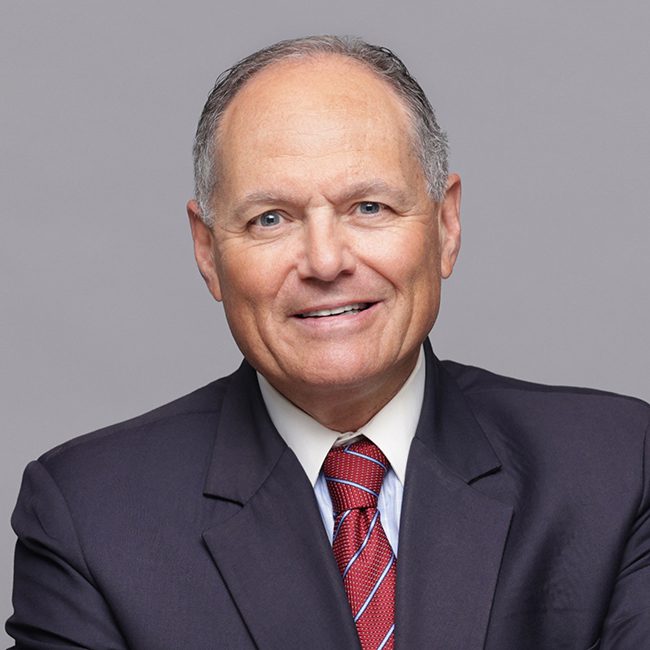Supreme Court Finds Insurers Have Standing in Chapter 11 Bankruptcy Proceedings
July 11, 2024 | Stuart I. Gordon | |The U.S. Supreme Court on June 6, 2024, held that an insurer with a financial responsibility for bankruptcy claims is a party in interest and has standing to raise and be heard on issues in a Chapter 11 proceeding.
In Truck Insurance Exchange v. Kaiser Gyspum Co., Inc., et al., No. 22-1079, the Supreme Court decided an issue that directly impacts insurers, namely their right to participate in the bankruptcy proceeding as a party in interest. In the last few years, large corporations have used the bankruptcy system to resolve mass tort claims. Often, insurers are called to defend or indemnify these claims.
When a reorganization plan is filed by a debtor, it typically addresses the insurer’s defense and indemnity obligations to these mass tort claims, which are pre-petition contractual obligations. Without the ability to object to these plans, the insurer could be obligated to defend/indemnify these claims as provided for under the plan. Granting insurers with a financial responsibility for claims standing to object to these plans provides the insurer some ability to protect its financial exposure and ensure that the plan doesn’t contain added obligations for the insurer.
In 2016, Kaiser Gypsum Company, Inc., and its parent company, Hanson Permanente Cement, Inc., (together the “Debtor”) filed for Chapter 11 protection to resolve asbestos and environmental liabilities stemming from mesothelioma lawsuits. In the late 1900s, the Debtor produced asbestos-containing products such as cements, manufactured drywall and more.
The Debtor thereafter filed a proposed plan of reorganization which would create a trust funded by insurance proceeds, to pay the asbestos claims.
Under the Debtor’s insurance policy, Truck Insurance Exchange (“Truck”), one of the Debtor’s primary insurers, was obligated to indemnify the Debtor for up to $500,000 per claim while the Debtor was obligated to pay a $5,000 deductible per claim. Under the bankruptcy plan, insured’s claims were to be pursued in the tort system. Truck objected to confirmation of the plan under §1109(b) of the Bankruptcy Code because, under the provisions of the reorganization plan, the insured’s claims lacked disclosure requirements, which could potentially result in duplicative claims and increase insurers’ legal costs to respond to these claims.
The lower courts held that Truck did not have “standing” because it was not a party in interest and the reorganization plan was “insurance neutral” since it did not increase Truck’s pre-petition obligations and did not impact its pre-petition insurance agreements with the Debtor.
Truck argued that the plan was not proposed in good faith and exposed Truck to millions of dollars in claims because there were no provisions in place to protect Truck from defending claims that were fraudulent and/or duplicative. The Debtor argued that Truck did not have standing to object to the plan.
Ultimately, the Supreme Court decided in favor of Truck.
This decision significantly impacts insurers because it gives them a voice and the right to appear and be heard in a Chapter 11 bankruptcy case even if a reorganization plan includes insurance-neutrality provisions designed to preserve insurers’ rights under the plan.



